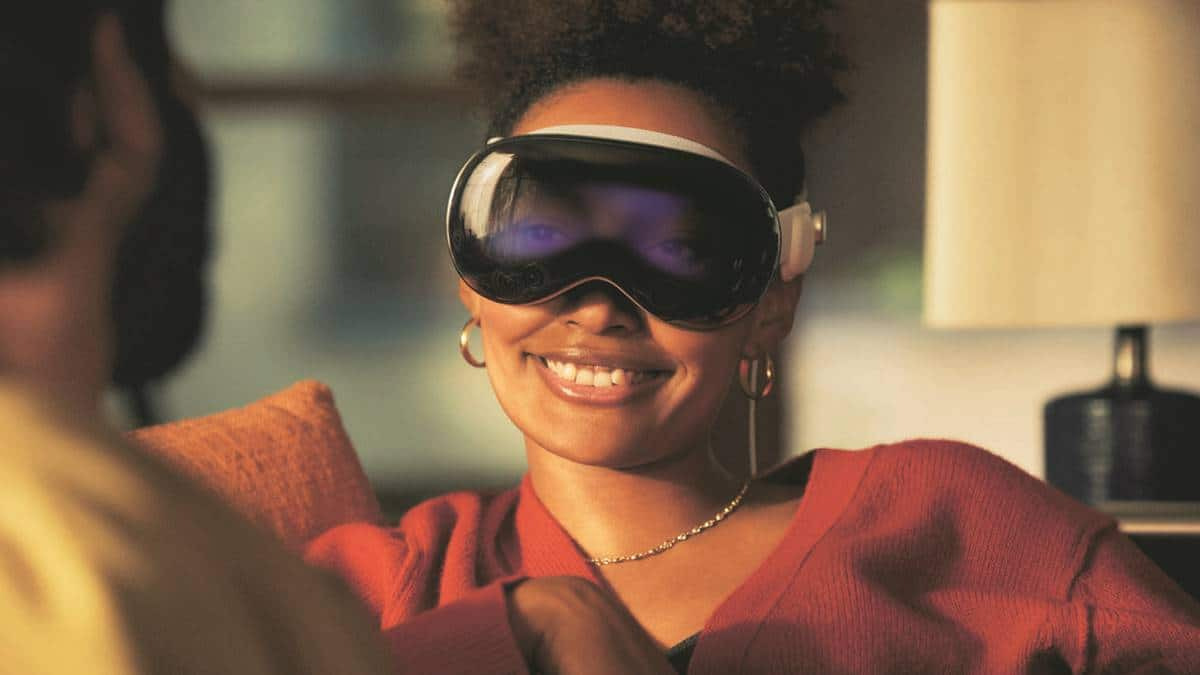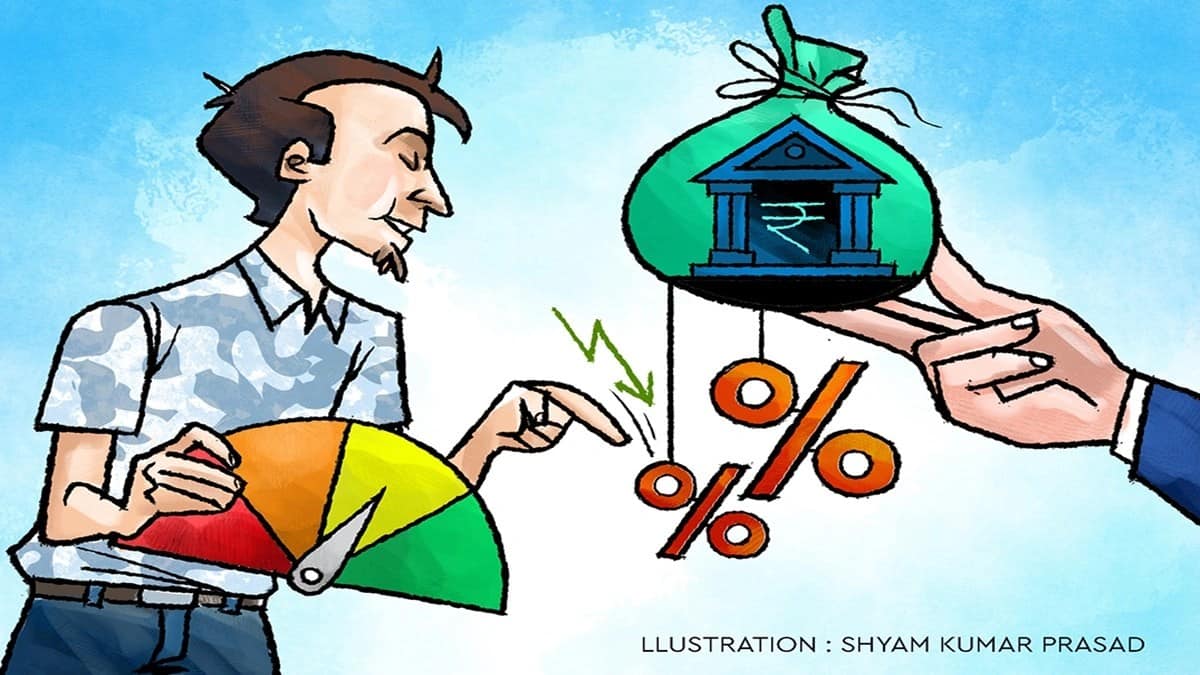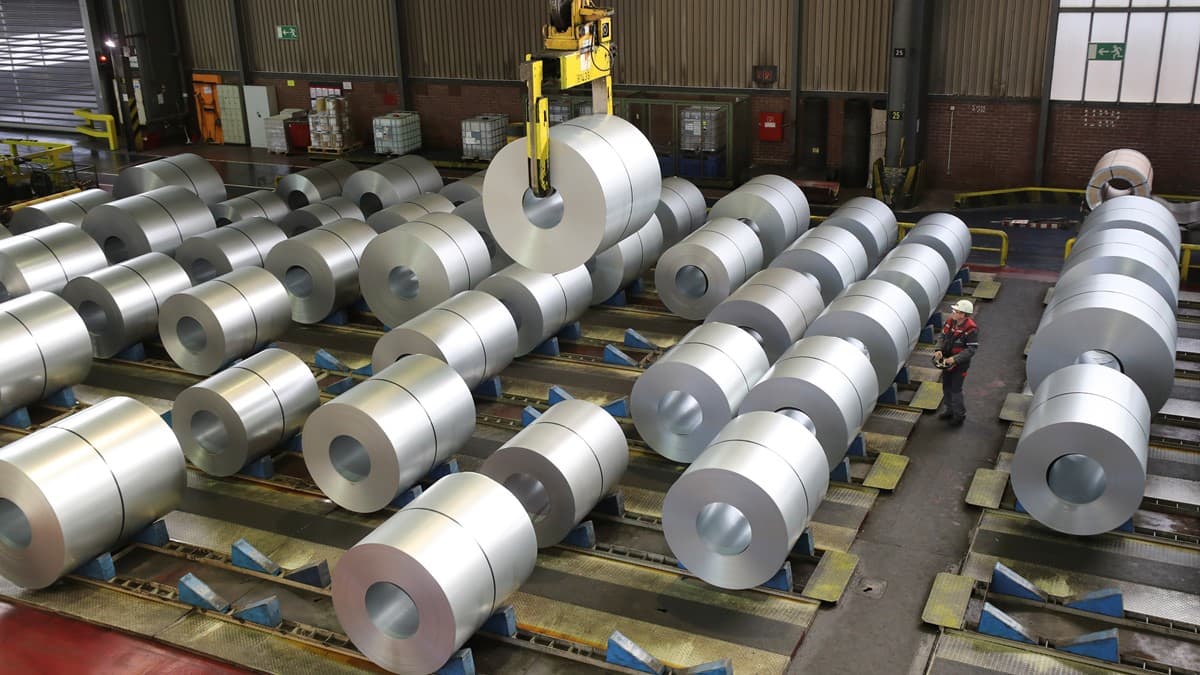There are decades where nothing happens, and then there are weeks where decades happen.” This quote, attributed to Russian communist revolutionary Vladimir Lenin, loosely applies to the world of tech in the context of the year we are bidding adieu to. While ChatGPT, the superstar of the artificial intelligence space, already had a stellar launch in 2022, in 2023, the world started to see the true potential of this tech, with tech firms, big and small, having lined up with innovative launches. From Apple unveiling its Vision Pro headset to OpenAI leadership drama and the world’s first AI wearable, much happened in the world of tech, which warrants a looking back.
AI in the spotlight
Apple’s fancy headset
Much of the hype around metaverse and virtual reality (apart from gaming, of course) had started to die down last year itself. However, things shifted in the space as Apple unveiled its Vision Pro headset this summer. Despite the steep pricing, the product wowed the tech and non-tech companies alike. While coming from the world’s most influential tech company does add to the gravitas, a large part of the allure also rested with how the product showed merit in giving a new turn not only to technology, but also to work, recreation, entertainment and communication.

AI Pin: Revolutionising wearables
With AI having become mainstream only late last year, it is almost unfathomable to grasp to true speed at which innovations are being made, and products are launched, in this space. One specimen of it was seen with the launch of the $699 Humane AI Pin, the first AI wearable that could be attached to one’s clothes. While it can be seen as a pivotal launch in the AI and wearable space, its impact on the fashion industry will be interesting to see, especially when supermodel Naomi Campbell walked the Paris Fashion Week, sporting the Humane AI Pin.
The growing menace of deepfakes
Deepfakes have been nothing new. However, these have become easier to make and difficult to spot when made with AI tools. A deepfake video of Rashmika Mandanna made rounds on the internet. The actor, then, issued a public statement drawing attention to the perils of the technology. Industrialist Ratan Tata, too, had to clear the air on a deepfake video of him giving investment advice. Recently, Infosys founder Narayana Murthy, too, issued a statement regarding a deepfake video of him endorsing a trading app.
Sadly, it didn’t stop here, and we saw instances of how deepfakes could have a political and geo-political impact. Earlier this year, fake pictures of former US president Donald Trump were widely circulated in which he was seen fleeing the police. A surge in deepfake pictures and videos was also witnessed with respect to the Russia-Ukraine and Israel-Palestine wars.
Such is the issue that Prime Minister Narendra Modi, too, spoke on it. “AI has several positive impacts, but it has many negative impacts too, which is a matter of concern. AI can become the biggest tool in the development of the 21st century. But it can also play the biggest role in destroying the 21st century… Deepfake is a challenge for the whole world… AI tools going into the hands of terrorists are also a big threat,” the leader said.
While much of the technological developments revolved around AI, there were other noteworthy developments and launches too, such as the historic launch of Chandrayaan-3, India’s lunar mission. With this, India became the first country to soft-land on the south pole of the moon. Companies also moved forward in the space internet networks space. While Musk’s Starlink remains the top-runner, Amazon, too, launched its first pair of test satellites for its planned Kuiper internet network. Coming to Musk, his brain implant startup Neuralink got FDA approval for human trials this year. In one of the breakthrough moments, a man, who got paralysed in a cycling accident, was seen walking again with the help of implants in his brain and spine.




